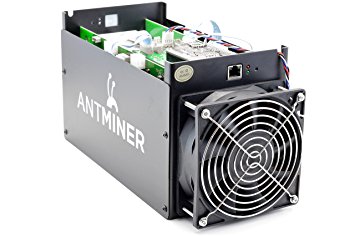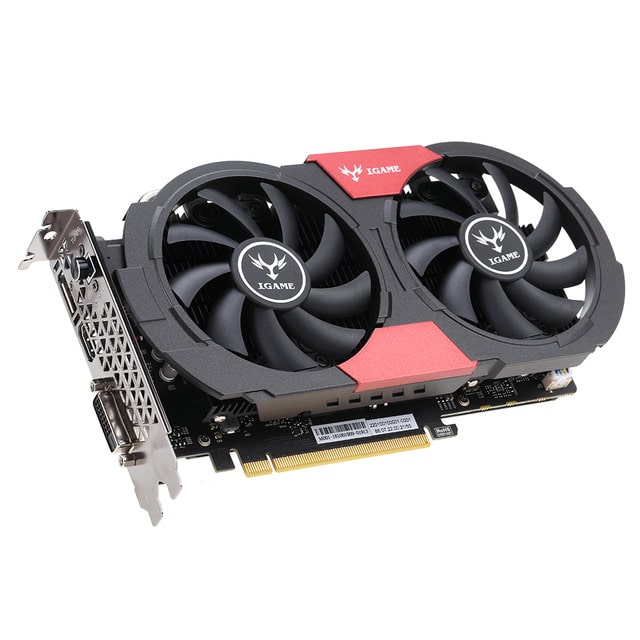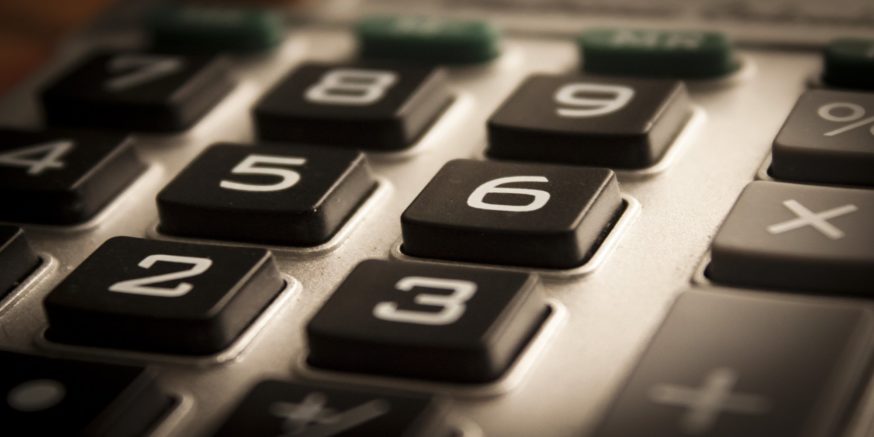Is Bitcoin Mining Hardware Worth It?
Bitcoin mining hardware shortages continue to plague the market. So it’s important to consider the true profitability of your venture before choosing your next mining rig. Mining can be a great way to enter the cryptomarket if done correctly. But many a newbie miner has rushed in only to learn from expensive, career-ending mistakes. Avoid these all-too-common errors and start mining cryptocurrency the right way.
Market Value
One of the most important factors in determining the overall profitability of your mining venture is the market value of Bitcoin. Remember, Bitcoin is volatile and any drop in market value can have a serious effect on your mining profitability. In 2011, you could mine 100 BTC using nothing more than your home CPU.

Of course, the mining sector wasn’t overly saturated yet and BTC was going for around $2 a coin. Fast-forward to today’s mining situation and you can quickly see the competition has increased equivalent to the rise in BTC’s market value.
Today, you need to be prepared to make a sizable investment in Bitcoin mining hardware if you want to mine BTC.
Mining Difficulty
The BTC blockchain mining difficulty is manipulated to reflect the computing power of the network and ensure it coincides with the preferred network block time. The difficulty of the BTC blockchain is adjusted every 2,016 blocks based on the time it took to find the previous 2,016 blocks.
Ideally, the network should average one block every 10 minutes, or 2,016 blocks every two weeks.
Block times have been a hot issue in the crypto community. Bitcoin Cash started as an exact copy of BTC but with a larger block size. This hard fork of the BTC network has spawned endless debates about the validity of Bitcoin Cash. It has also ushered in a new age of BTC hard forks.
Electricity Costs
One of the most important factors to consider when investing in Bitcoin mining hardware is your electricity costs. The Proof-of-Work computations require extensive amounts of processing power to be used in the calculations. This results in high electricity consumption by mining rigs. These costs can quickly gobble up your profits and leave you singing the crypto blues.
Low-cost or even renewable energy should be a big part of your mining strategy. Large mining facilities are built in remote regions of the world that can provide access to cheap power and natural cool air.
Mining rigs give off a lot of heat when they’re in operation and ventilation must be accounted for when determining your overall electrical costs.
Bitcoin Mining Hardware Costs
You better be prepared to make a serious investment if you’re considering entering the mining sector. ASIC (Application Specific Integrated Chip) mining rigs will provide you with the best results, but they’ll also set you back over $1,000. The best ASIC rigs can go for $5,000 and up.

GPU (Graphic Processing Unit) mining rigs are significantly cheaper, but they don’t compare to ASIC rigs in terms of results. That being said, you can still get decent returns using a GPU miner, you just need to join a mining pool.
Mining pools such as Minergate combine the computing power of every user on their platform. This evens the mining playing field against huge mega-mining operations. The block rewards are split between all of the parties involved in the pool according to their contributions.
GPU processors are difficult to find at the moment because of all of the hype surrounding BTC mining. You can expect to search pretty hard to find an available and fairly priced GPU online.
The good news is, unlike ASIC rigs, GPU rigs can mine multiple cryptocurrencies, as they are not preprogrammed to any hash in particular. This gives the flexibility to alter the coins you mine according to the profitability of the coin.

Mining Fees
Mining fees are used to incentivize miners. These fees are paid every time BTC is sent through the blockchain. Miners are a critical part of the BTC ecosystem and mining fees ensure that the BTC network continues to have a large hash rate, which keeps the network secure.
Mining fees motivate miners to include a transaction in the block. Once the number of BTC that has been mined reaches 21 million, or the total amount of BTC, mining fees will be the primary source of revenue for BTC miners moving forward.
You can expect to see some mining fee adjustments made at that time to ensure that becoming a network node continues to be lucrative.
Block Rewards
Block rewards are given to the node that successfully completes the Proof-of-Work algorithm first. The BTC block reward system is designed to halve every 210,000 blocks. Currently, the reward is 12.5 blocks.
Originally, a miner would have earned 50 BTC per block. At today’s BTC market value, that’s a pretty penny.
Using the current block size and difficulty, block rewards are reduced every four years. There are currently 17,055,038 BTC in circulation out of the total 21,000,000 to be mined. This leaves only 3,944,963 BTC left to mine.
At the current rate, you can expect the last BTC to be mined on May 28th, 2020.
Transaction Fees
Transaction fees have been a serious concern for miners since 2016. In the early days of BTC, you could send a BTC for pennies and it would arrive almost instantaneously. Now, due to the scalability issues plaguing the network, you can expect to pay much more to send your BTC.
These transaction fees can have a negative effect on your bottom line and must be taken into consideration in your overall mining strategy and whether to purchase bitcoin mining hardware.
[thrive_leads id=’5219′]
Bitcoin Mining Hardware – Is it Worth It?
The answer to this question is it depends on where you live and what level of investment you’re willing to make. You may find that you live close to a renewable energy source and therefore, can run the most powerful mining rigs possible without killing your profits on electricity.
Examine the points in this guide and be sure to configure a BTC mining business structure that works for you.
What do you guys think? Do you know someone that lost money mining because they didn’t plan ahead? Let us know on Twitter and be sure to sign up for our newsletter to stay up-to-date on all the latest crypto news!







